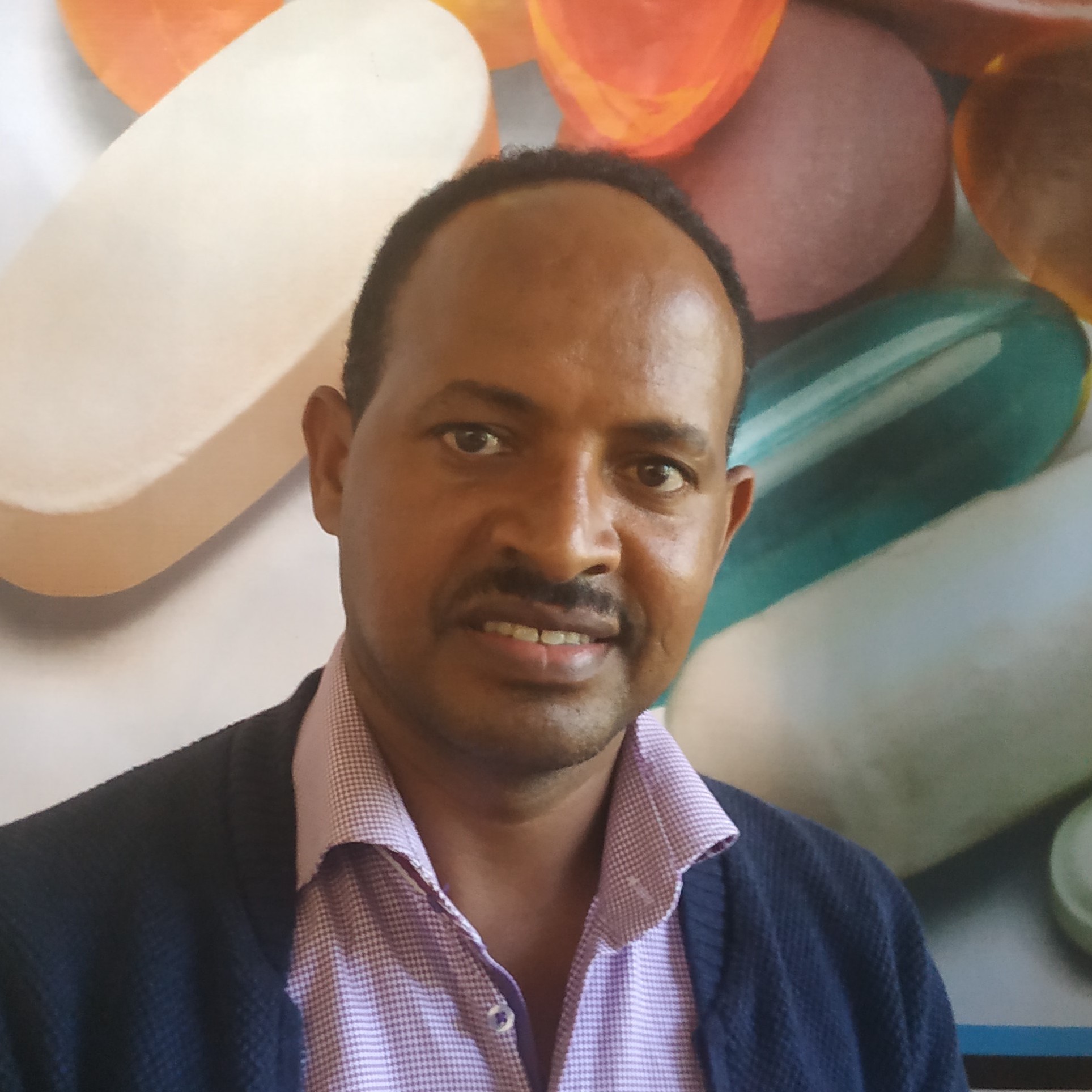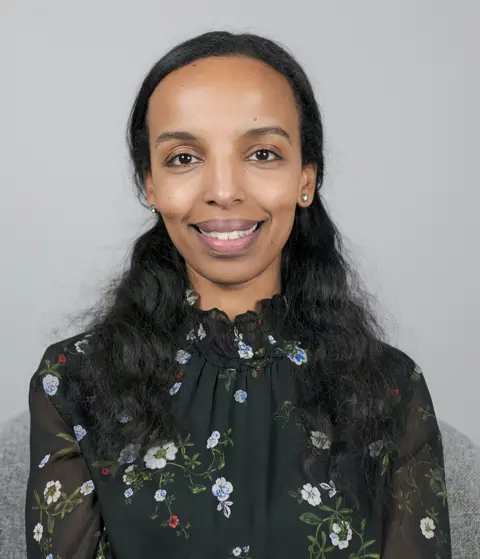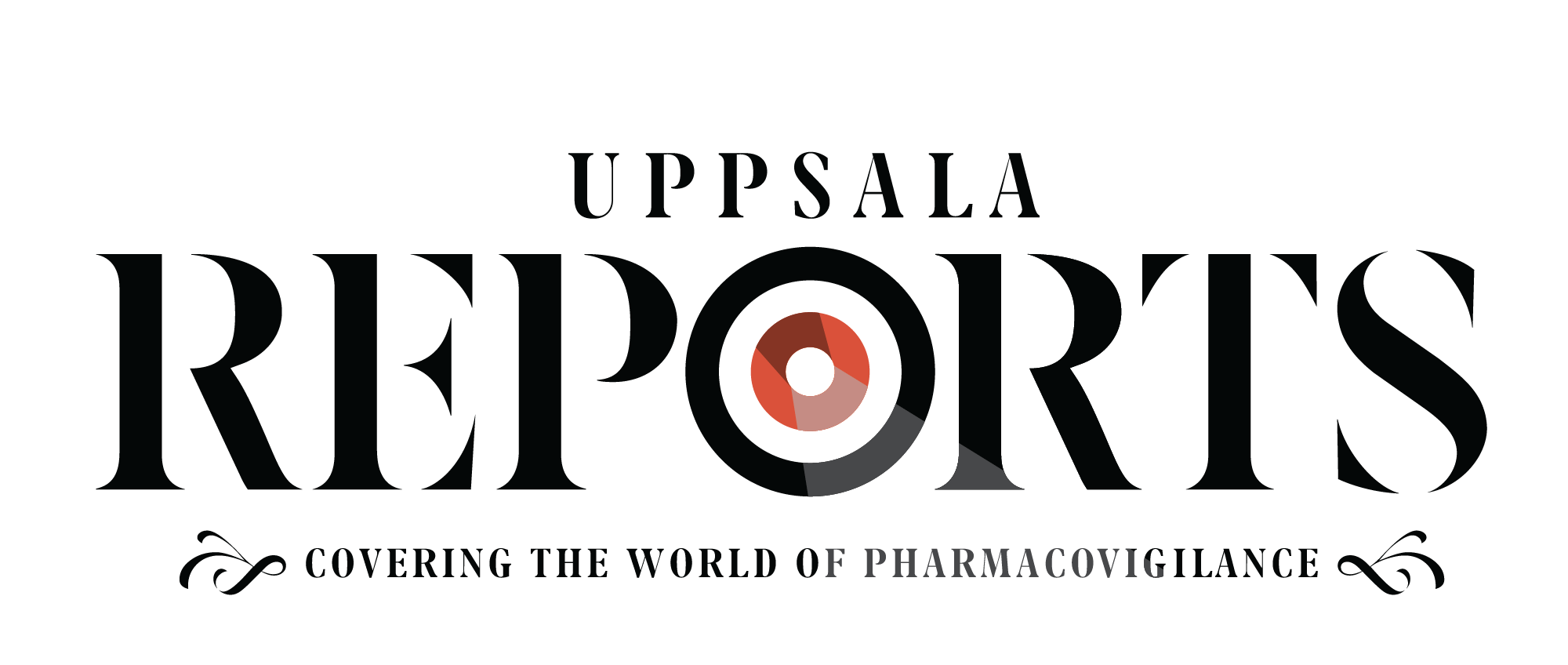
Some resource-constrained countries that use old drugs and small pharmacovigilance databases may assume that detecting safety signals is an unattainable goal. What about signals related to medication errors and drug interactions? Can signals still be identified from old drugs? I have met several fellow professionals who have given up on the practical exercise of signal detection. But at the Eritrean Pharmacovigilance Centre, our experience teaches us that signals are everywhere. You only need to use the appropriate signal detection approach to uncover them.
Signal detection has never been an easy process, especially for the inexperienced. It is a demanding task that requires solid knowledge, enthusiasm, courage, commitment, discipline, professional honesty, and collaboration. For those who lack experience, it can feel like every step just brings one to a new crossroad or barrier. Faced with such obstacles, would you dare to move further? Giving up has never been an option for successful people – there should always be a way out. Often, it appears that the inability to detect safety signals is not so much about lack of knowledge, it is rather a matter of not having the courage to take that step. There are many people who are well-trained in signal detection, but who struggle to achieve. Fear of releasing false positive signals, fear of criticism, and lack of confidence might well be among the main challenges for these people.
In situations where we lack confidence in the practicalities of a task, the guidance and reassurance of a more experienced person can be invaluable. A useful strategy is to involve an experienced person throughout the signal assessment process at least once. And with the existing global pharmacovigilance network, there are many professionals to turn to for help.
In Eritrea, we were almost done with identifying our first signal, but we lacked the confidence to flag it. We therefore requested that UMC provide us with technical support, a decision that turned out to be a landmark along our journey to success. Even after we received practical training, completing that very first signal was challenging, but at the same time exciting. The role of UMC’s Kristina Star and Alem Zekarias in reviewing and reassuring us about our first three to four signals was commendable. As a strategy, we recommend regular case-by-case assessment with the involvement of pharmacovigilance officers throughout the signal detection process.
Publishing signals in peer-reviewed journals is a good approach to improve their quality. For instance, when we submitted our first signal to the journal Drug Safety, the reviewers’ comments in improving the quality of the signal were remarkable. The peer-review process was challenging but resulted in good payoffs. Publishing in peer-reviewed journals is also a good way of communicating a signal. Signals that are not communicated are like lighted candles kept in a pot – they cannot shed light on others.
Now, for our pharmacovigilance staff, signal assessment is no longer as challenging as it once was. Everyone working in the centre is well experienced and this is reflected by the fact that in the past four years, we were able to detect 25 safety signals. We are now among the countries sharing their signals through VigiLyze.
The lesson we have learned as far as signal detection is concerned is that one needs to have the courage and commitment to experience the process, engage capable experts from other institutions, request comments from experienced peers and publish findings in reputable peer-reviewed journals to ensure their quality. In life, we cannot progress without taking risks. Remember that the worst risk is to risk nothing at all. For if you risk nothing, you will learn nothing, earn nothing, and achieve nothing. Keep on trying, learn your lessons, and never give up.

There’s more than one way to do signal detection, and the ability to do it is not restricted only to a certain type of national centre. In fact, many countries may be closer to doing effective signal detection than they realise. The key is to follow your curiosity and maintain the willingness to do the work despite the challenges you may face along the road. That’s exactly what they have done in Eritrea, and I hope their achievements will inspire other national centres to find their own success.
– Alem Zekarias




